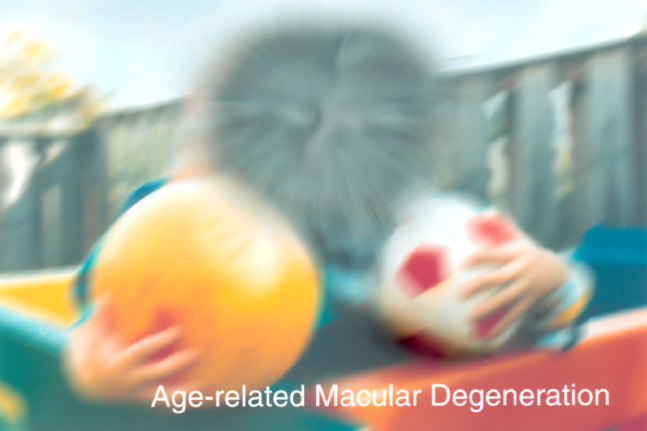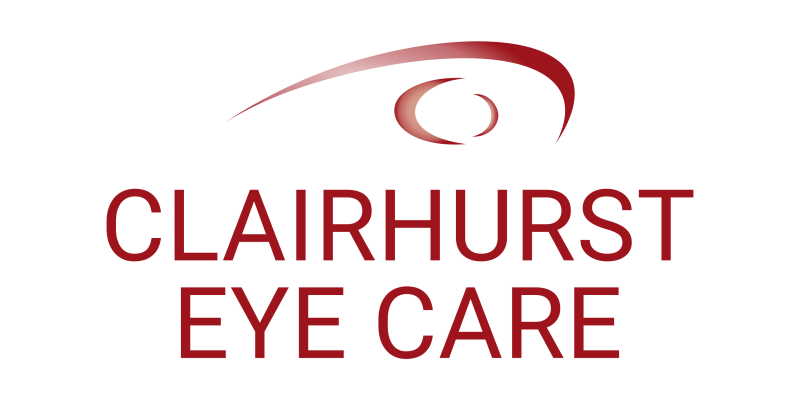Eye Disease Diagnosis
& Management

At Clairhurst Eye Care, we offer comprehensive eye exams to detect and diagnose various eye diseases, including glaucoma, cataracts, macular degeneration, and diabetic retinopathy. Suppose you experience symptoms of eye disease such as blurred vision, eye pain, redness, or light flashes. You need to get it checked out.
Early detection and diagnosis are crucial to prevent vision loss and improve your quality of life. We specialize in examining, diagnosing, managing, and treating the eyes. We use various tools and tests to check for signs of disease. If required, we can refer you to an ophthalmologist for further treatment or surgery. So, if you have any eye-related concerns, don’t hesitate to book an appointment with us.

Diabetic Retinopathy
Diabetic retinopathy is a severe eye disease caused by uncontrolled diabetes that damages the blood vessels in the retina. High blood sugar levels weaken and leak the blood vessels, leading to vision loss or even blindness. Early stages often have no symptoms, but watch out for floaters, blurred vision, dark areas, sudden vision loss, or frequent changes in spectacles.
Regular eye exams can detect signs of diabetic retinopathy through dilated fundus examination, digital retinal imaging, and optical coherence tomography. Early detection and management are essential to prevent blindness.

Cataract
A cataract is a condition that causes the eye’s lens to become cloudy, resulting in blurred vision, glare, halos, or difficulty seeing at night. We diagnose and manage cataracts.
Depending on the severity of the condition, treatment options include:
- Changing glasses prescription.
- Using magnifiers or brighter lighting.
- Eventually, surgery to remove the cloudy lens and replace it with an artificial one.
Cataract surgery is a safe and effective procedure that can restore vision and improve the quality of life. We provide pre- and post-operative care. Regular eye exams are essential for diagnosing and managing cataracts.

Macular Degeneration
Macular degeneration is a chronic eye condition that can cause vision loss in the central part of your field of view. Its causes include age, genetics, smoking, hypertension, and poor nutrition. There are two types of macular degeneration: dry and wet.
Some symptoms of macular degeneration include blurred or distorted vision, difficulty seeing in low light, decreased central vision, and the need for brighter light when reading or performing close-up work. In some cases, straight lines may appear wavy, and colors may seem less vivid. If you experience any of these symptoms, scheduling an eye exam is essential.
It is important to note that individuals with Macular Degeneration may experience no pain or symptoms at the early stage. Early detection and management can help slow the progression of the disease and preserve your remaining vision. Early detection through regular eye exams is crucial for managing the disease.
Prompt intervention and appropriate management can help slow the progression of the disease and preserve remaining vision, enhancing the overall quality of life for individuals affected by AMD.

Glaucoma
Glaucoma is an eye disease that can cause vision loss and even blindness. It is caused by an increase in pressure inside the eye, which damages the optic nerve.
Glaucoma can progress without noticeable symptoms until advanced stages, making early detection crucial.
If you have been diagnosed with glaucoma, working closely with your eye care professional is essential to determine the best management procedure for you.
Regular eye exams and proper care of your eyes are essential for maintaining good eye health and preventing further damage to your vision.
Tests used to monitor and manage glaucoma include optical coherence tomography, visual field tests, pressure checks, and retinal imaging. While glaucoma is incurable, early intervention significantly improves the chances of preserving vision and preventing irreversible damage to the optic nerve.
Types of Glaucoma
Open-angle glaucoma is the most common type and develops gradually over time.
Angle-closure glaucoma can cause sudden symptoms such as severe eye pain, headache, blurred vision, and nausea.
Normal-tension glaucoma occurs even when the eye pressure is within the normal range.
Pigmentary glaucoma occurs when pigment from the iris blocks the drainage channels in the eye.
Each type has different causes, symptoms, and treatments, and it’s essential to work with your eye care professional to determine the best management procedure for your specific type of glaucoma.
Book an appointment today by calling our clinic at 416-516-3937 or use the request appointment link below.
